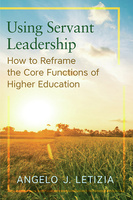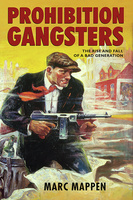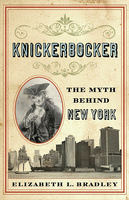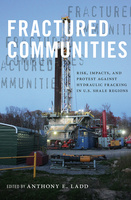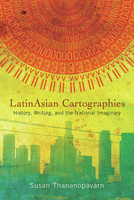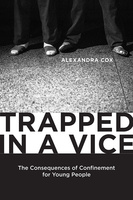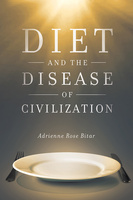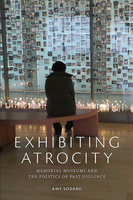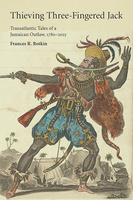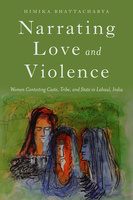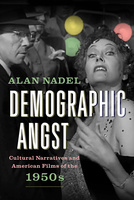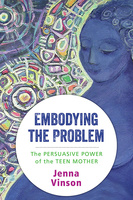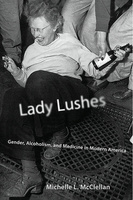
Bold Ideas, Essential Reading since 1936.
Rutgers University Press is dedicated to the advancement and dissemination of knowledge for a wide range of readers. The Press reflects and extends the University’s core mission of research, instruction, and service. They enhance the work of their authors through exceptional publications that shape critical issues, spark debate, and enrich teaching. Core subjects include: film and media studies, sociology, anthropology, education, history, health, history of medicine, human rights, urban studies, criminal justice, Jewish studies, American studies, women's, gender, and sexuality studies, LGBTQ, Latino/a, Asian and African studies, as well as books about New York, New Jersey, and the region.
Rutgers also distributes books published by Bucknell University Press.
Using Servant Leadership
How to Reframe the Core Functions of Higher Education
Prohibition Gangsters
The Rise and Fall of a Bad Generation
Based on FBI and other government files, trial transcripts, and the latest scholarship, this book provides a lively narrative of shootouts, car chases, courtroom clashes, wire tapping and rub-outs from the 1920s and beyond, acknowledging how the Prohibition generation forever transformed organized crime from loosely associated gangs into sophisticated, complex syndicates.
At War
The Military and American Culture in the Twentieth Century and Beyond
Transitive Cultures
Anglophone Literature of the Transpacific
A Short History of Film, Third Edition
Post-Borderlandia
Chicana Literature and Gender Variant Critique
Child Survivors of the Holocaust
The Youngest Remnant and the American Experience
Knickerbocker
The Myth behind New York
Fractured Communities
Risk, Impacts, and Protest Against Hydraulic Fracking in U.S. Shale Regions
LatinAsian Cartographies
History, Writing, and the National Imaginary
The Modern British Horror Film
Tracking the revitalization of the British horror film industry over the past two decades, Steven Gerrard examines the genre’s highlights, including The Descent, Outpost, and The Woman in Black, while provocatively exploring how these films reflect viewers’ gravest fears about the state of the nation.

